Reply To:
Name - Reply Comment
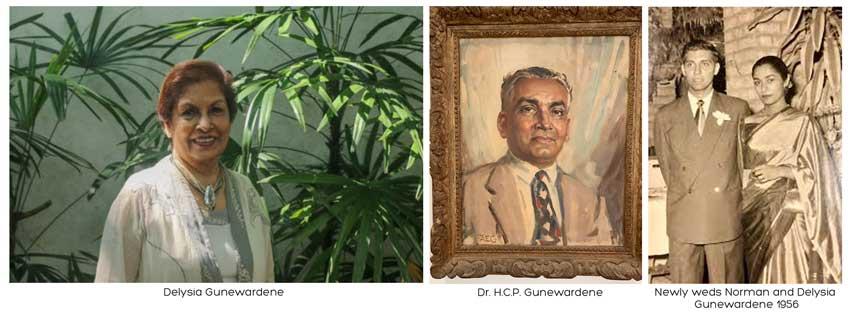
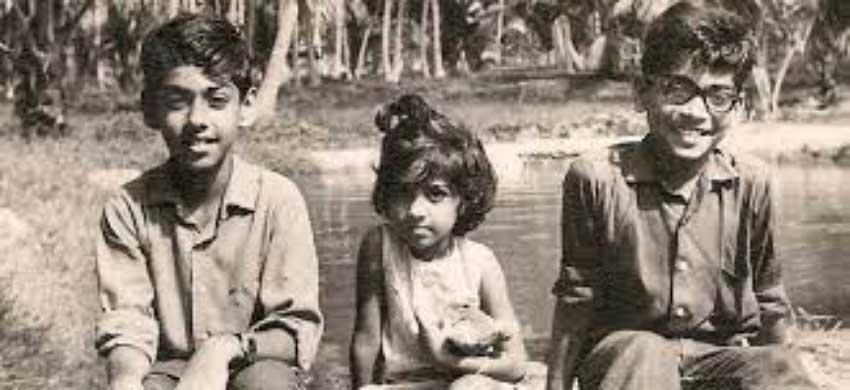
 Her philanthropic endeavors have shaped and changed the lives of an uncountable number of children over the decades. Her entire life has been dedicated to teaching, guiding, empowering and uplifting the lives of children with special needs. Her students have graduated from her school motivated and empowered to pursue successful careers, in the private sector and many have also gone on to launch their own successful entrepreneurial ventures. She often shies away from Media and Publicity, but reluctantly agreed to do this interview as it would shine a light on her school and in turn benefit her students. I am truly grateful to have been given a rare opportunity to interview her. She is a kindhearted, empathetic, benevolent and devoted power woman, who even at the age of eight-seven years continues to work every day of the week to ensure families that connect with her via her school receive the assistance and guidance they seek.
Her philanthropic endeavors have shaped and changed the lives of an uncountable number of children over the decades. Her entire life has been dedicated to teaching, guiding, empowering and uplifting the lives of children with special needs. Her students have graduated from her school motivated and empowered to pursue successful careers, in the private sector and many have also gone on to launch their own successful entrepreneurial ventures. She often shies away from Media and Publicity, but reluctantly agreed to do this interview as it would shine a light on her school and in turn benefit her students. I am truly grateful to have been given a rare opportunity to interview her. She is a kindhearted, empathetic, benevolent and devoted power woman, who even at the age of eight-seven years continues to work every day of the week to ensure families that connect with her via her school receive the assistance and guidance they seek.
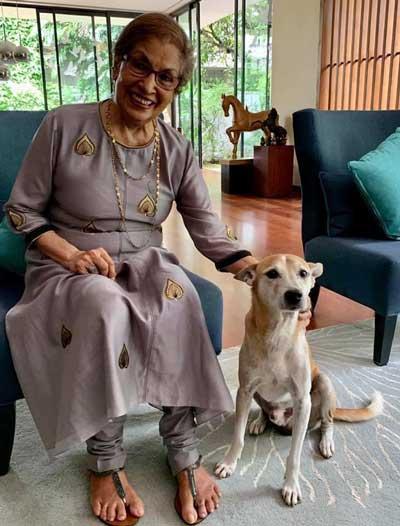 She was born and raised in Colombo and her father Dr. H.C.P Gunewardene, an ENT Surgeon, served as the Head of Sri Lanka’s General Hospital. She met her husband Norman Gunewardene at the age of eleven when her family moved to live on Kynsey Road, Colombo 08. Married by the age of twenty-one, she raised three children, who need no introduction; Ruchi, Ajit and Otara – three iconic Sri Lankan entrepreneurs.
She was born and raised in Colombo and her father Dr. H.C.P Gunewardene, an ENT Surgeon, served as the Head of Sri Lanka’s General Hospital. She met her husband Norman Gunewardene at the age of eleven when her family moved to live on Kynsey Road, Colombo 08. Married by the age of twenty-one, she raised three children, who need no introduction; Ruchi, Ajit and Otara – three iconic Sri Lankan entrepreneurs.
Once her youngest off-spring, Otara, started pre-school, she was eager to contribute and make a positive change in society. In her own words, she wanted ‘to be of use to the world.’ She started by running a classroom for children with special needs at the same pre-school Otara was enrolled in. With little access to information on how to raise and educate children with diverse special needs, she found her way through trial and error, coupled with a strong maternal instinct, and it wasn’t long before she was ready to expand. In 1967, she opened her school on Chitra Lane, Colombo 05. Today, fifty-four years later, the Chitra Lane School for the Special Child, encompasses an educational institute with over two-hundred and fifty students between the ages of five to seventeen years, a Resource Centre that supports children and parents from across the island, a Sheltered Workshop that offers vocational training to young adults, and an Academy that trains parents, teachers and caregivers on how to maximize the abilities of children with special needs. At the age of eight-seven years, she continues to work full time as President of the school.
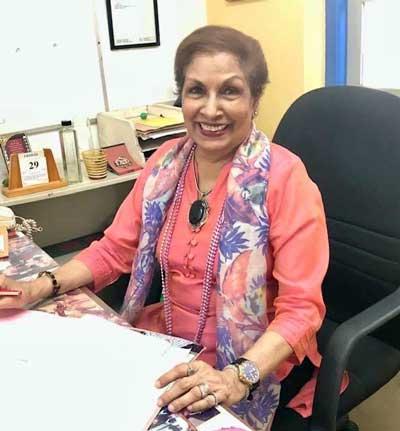 She Can and she is a true Sri Lankan superhero; a living legend, a real-life Saint, Delysia Gunewardene.
She Can and she is a true Sri Lankan superhero; a living legend, a real-life Saint, Delysia Gunewardene.
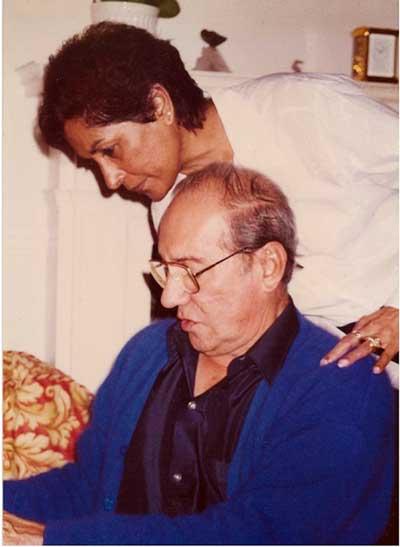
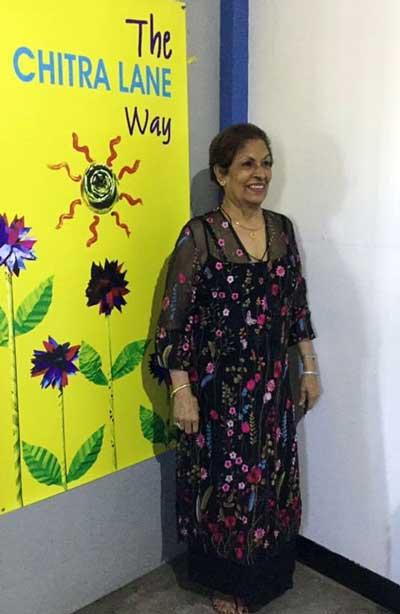
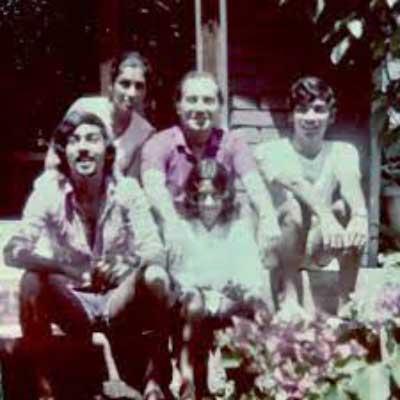
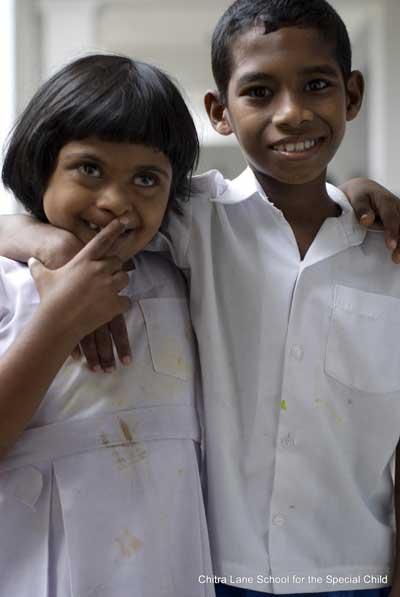 Did you always want to work with differently-abled children? Share with us a summary of your personal journey? I was always loved children and to this day I am happiest when I am with them. At the same time, I am terrible being idle, hence why, even now I am surprising myself by buzzing from one Zoom consultation to another, trying to help families that cross my path at Chitra Lane. My journey started when my youngest child, Otara, started Montessori. I wanted to do something hands on with children, and I went and had a chat with Otara’s pre-school teacher, Mrs. Joyce Goonasekara, and asked if I could teach the kids they couldn’t teach. These were the children with special needs. That’s how my work began. However, for me my story is not important. I think the only time it’s been written down was in the book we published, “The Chitra Lane Way” which chronicles fifty years of work with children with special needs. What I would love to talk about is the children and the work we do with them in order to help them reach their full potential. Our work, which we fondly call the ‘Chitra Lane Way,’ starts at the very beginning when children are starting on solids. The norm when feeding children meals is usually to sit in front of a TV or smartphone, or distract them with toys or birds, and feed them whilst they are distracted. But that is not the Chitra Lane Way. We teach parents how to work with their children in small pockets of time, starting with their meals and build attention and compliance at home. We call this the Dot-to-Dot Protocol, and this is my pride and joy. We have visitors who visit our school amazed at our children’s attention and compliance. They don’t learn this from us. They learn this at mealtime with their parents. We simply show the parents the way and guide them when they troubleshoot. I’m proud to say that Covid-19 has helped us connect even more with families in real time through behavioral videos they share with us. In these difficult times there have been some rainbows.
Did you always want to work with differently-abled children? Share with us a summary of your personal journey? I was always loved children and to this day I am happiest when I am with them. At the same time, I am terrible being idle, hence why, even now I am surprising myself by buzzing from one Zoom consultation to another, trying to help families that cross my path at Chitra Lane. My journey started when my youngest child, Otara, started Montessori. I wanted to do something hands on with children, and I went and had a chat with Otara’s pre-school teacher, Mrs. Joyce Goonasekara, and asked if I could teach the kids they couldn’t teach. These were the children with special needs. That’s how my work began. However, for me my story is not important. I think the only time it’s been written down was in the book we published, “The Chitra Lane Way” which chronicles fifty years of work with children with special needs. What I would love to talk about is the children and the work we do with them in order to help them reach their full potential. Our work, which we fondly call the ‘Chitra Lane Way,’ starts at the very beginning when children are starting on solids. The norm when feeding children meals is usually to sit in front of a TV or smartphone, or distract them with toys or birds, and feed them whilst they are distracted. But that is not the Chitra Lane Way. We teach parents how to work with their children in small pockets of time, starting with their meals and build attention and compliance at home. We call this the Dot-to-Dot Protocol, and this is my pride and joy. We have visitors who visit our school amazed at our children’s attention and compliance. They don’t learn this from us. They learn this at mealtime with their parents. We simply show the parents the way and guide them when they troubleshoot. I’m proud to say that Covid-19 has helped us connect even more with families in real time through behavioral videos they share with us. In these difficult times there have been some rainbows.
Please share with us details pertaining to Awards you have received over the years? Over the years, I have been offered numerous awards and plaudits. I have refused them all, so much so that people humorously refer to me as the lady who has turned down their nominations. My reward or my success is in seeing the children learn and grow. Even this interview is for the children so that I can share my pride in all they have achieved.
Share with us a memory you share with your late husband, Mr. Norman Gunewardene? I’m always reminded of Norman’s advice to me when I first came across a child with special needs, back in 1967. At a time when there was hardly any help for children with special needs in Sri Lanka, I desperately wanted to make a difference in this girl’s life. I remember telling Norman at the time, that I didn’t know how to help her, or even where to begin, as I didn’t know the subject. His advice to me was, “If you don’t know, then learn. There are libraries and books you can learn from.” That is exactly what I did, and I am still learning. Not just from literature and webinars but also from the families I work with. It has been a continuous process of learning and sharing of knowledge to help all the thousands of children that have walked through the doors of Chitra Lane.
How did you move forward when everyone kept telling you that your suggestions or ideas won't work? This will be said to anyone who starts on a new idea, but if you know you are doing the right thing to help others, I always feel it will work. Looking back, over the past fifty years, Chitra Lane has been an exciting, happy and fulfilling journey for me. A journey that was challenging and frustrating at times, yet extremely rewarding. Over the years, I have been fortunate to work with hundreds of children, and their families, teachers, doctors, therapists, volunteers, and many others who have contributed to the progress of the school. They are my strength in taking this journey forward. I must also mention my dear friends, the late Srini Pieris and the late Mallika Fernando, who joined me and helped start the Chitra Lane School for the Special Child in 1967. There is no way that I could have done this without their support. They helped raise necessary funds and found a garage down Bagatale Road for us to begin in a small way! We subsequently, moved to Chitra Lane, and I was left with the challenge of continuing on. We eventually expanded to include the Chitra Lane School, Chitra Lane Children’s Resource Centre, Chitra Lane Sheltered Workshop for young adults with special needs, and the Chitra Lane Academy, through which training programmes are conducted for teachers and other caregivers. I am truly grateful to all the donors; individuals and organisations, who have provided much needed support over the years and continue to help Chitra Lane develop as a centre of excellence. In particular, I am very grateful to our Patron, Mr. George Davies and his Charitable Trust; the backbone of our organization.
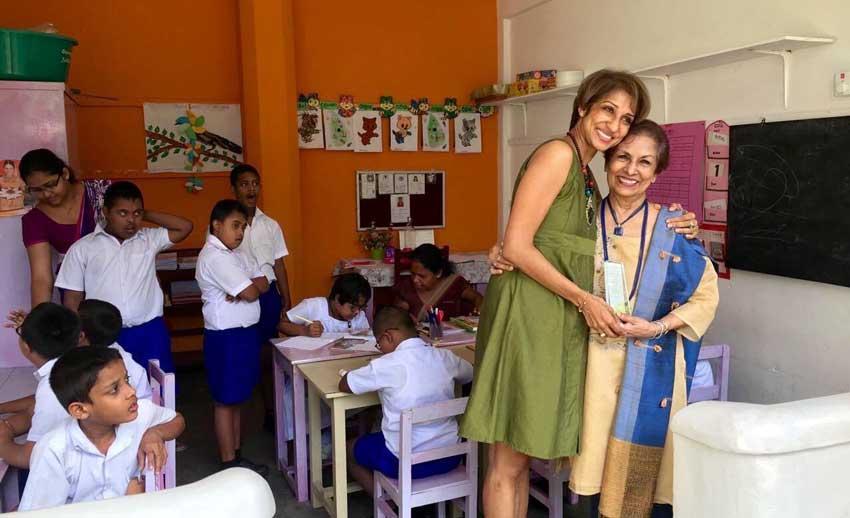
Tell us three exciting or game changing projects, campaigns or initiatives you have executed during your career? I think the Dot-to-Dot protocol which I briefly mentioned above has been the most exciting as it has been the foundation for all our programmes, and fifty years on it still works and I know it always will. Our Chitra Lane Workshop which was an initiative started with my daughter in law Kishani, to build marketable vocational skills for our teenagers and young adults was and still is exciting. We now sell a variety of products done by the extended Chitra Lane Family (students, parents and staff) via the Who We Are e-commerce website. Furthermore, the ‘Chitra Lane Way’ book was compiled to share the knowledge and experience that we have gained over the past fifty years with parents, teachers and other caregivers. I hope that this book will create more awareness and facilitate better early detection and intervention programmes for children with special needs throughout Sri Lanka. I do hope your readers will purchase it because even though we say it is for kids with special needs, we now know that these best practices are the best practices for any child. That is what education and parenting is all about, developing systems that work for all children, and that’s what we try to do with our programmes at Chitra Lane.
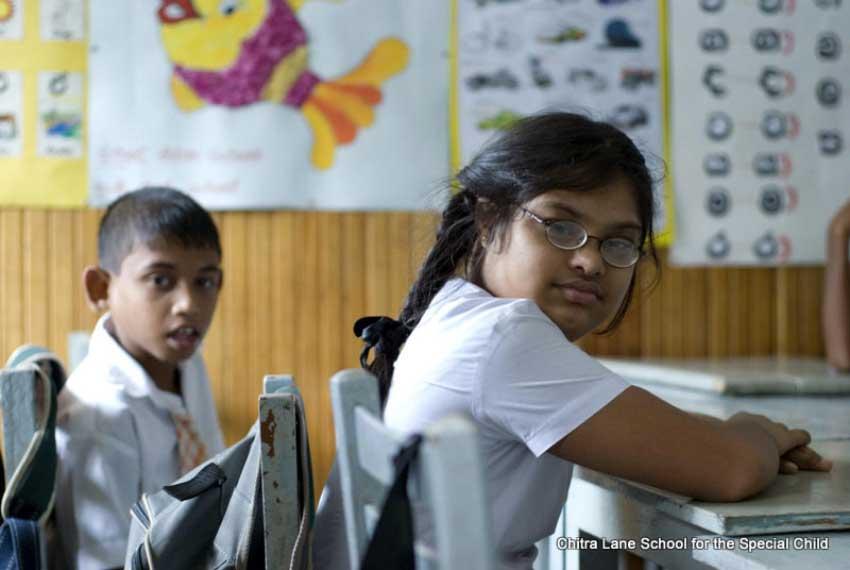
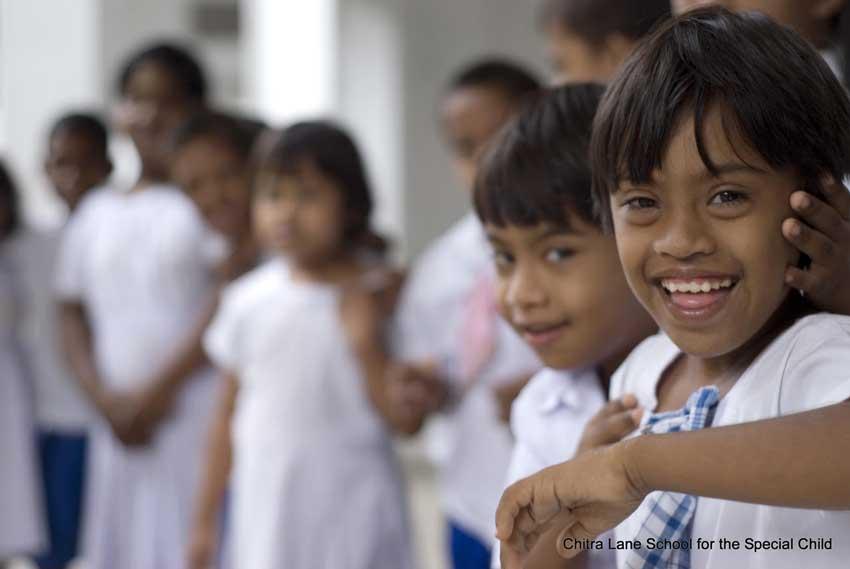
Share with us a memory you share with your three children; Ruchi, Ajit and Otara. From their young days, Ruchi and Otara have always been there to help me with the school and they are a part of my Board of Management and Trustees. Otara is now the Vice President of the Organisation. They, together with my two daughters-in-law, Chandani and Kishani, and even the next generation of grandchildren, continue to support Chitra Lane in so many ways.
Who do you look up to for inspiration or mentorship? The children I work with always inspire me. But my learning journey began under the mentorship of Dr. Thelma McConnell of the University of Queensland in Australia. The knowledge that I gained, along with the experience of working with her, the committed and dedicated professional that she was, gave me the confidence and courage to take Chitra Lane forward.
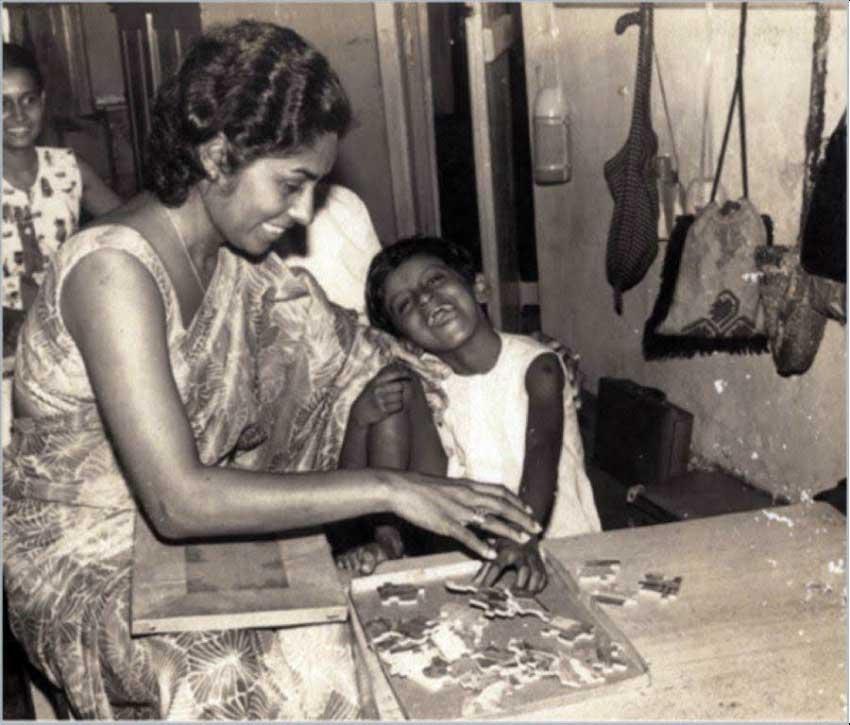
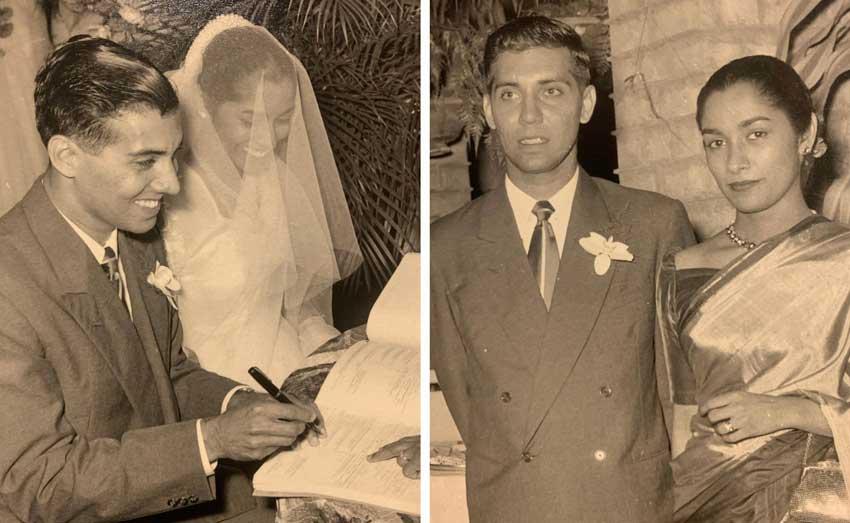
Your biggest regret? Thankfully, none. But if I feel I haven’t made a difference in one of our kids, I spend sleepless nights trying to solve their problems!
What is your biggest fear and how do you manage it? Publicity. I often run away from it unless I feel it will benefit the children.
Who will take over the school once you retire? The school is not a person. It is a philosophy and a method, The Chitra Lane Way. I have with me a team that know, understand and apply this way together with my family. They all do so with their heart. The method has also been extensively documented not just in the ‘Chitra Lane Way’ book, but also in a stepwise manner in our curriculum and ‘Long Range Goals,’ which we update as we innovate and rethink. This method will carry on long after all of us retire, and not because of me but because it makes a difference to the children and their families.
What does the word ‘success’ mean to you? The Chitra Lane School would not be what it is today if not for the many caring and dedicated staff that work tirelessly to create a better world for children with special needs. I always tell my colleagues and staff if all we do is to make a difference, then we have to care and work with our hearts. You may have all the qualifications in the world, but if you don’t have the heart for what you do, you will not succeed. Everyone who works at Chitra Lane works from their heart. For me that is the reason for our success.